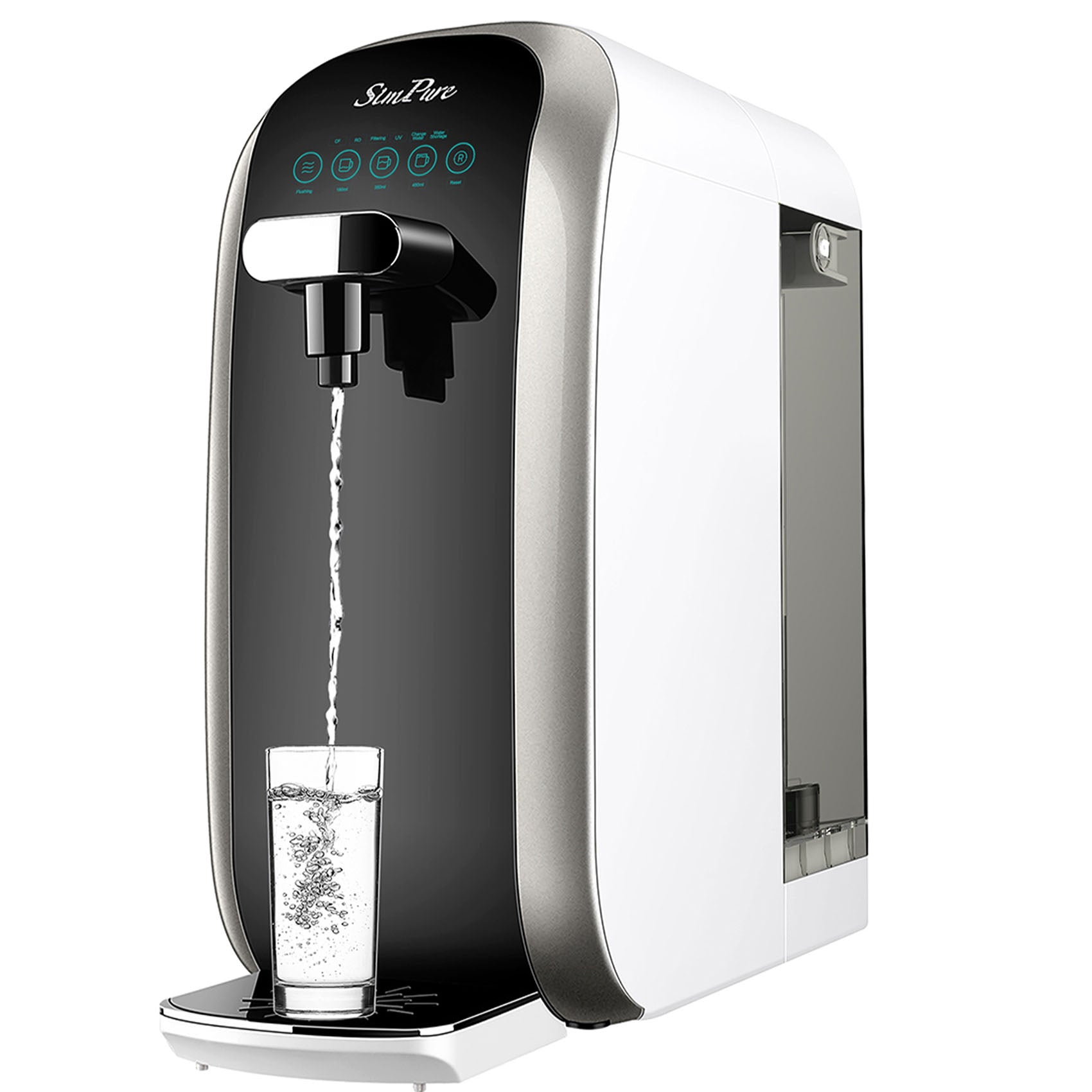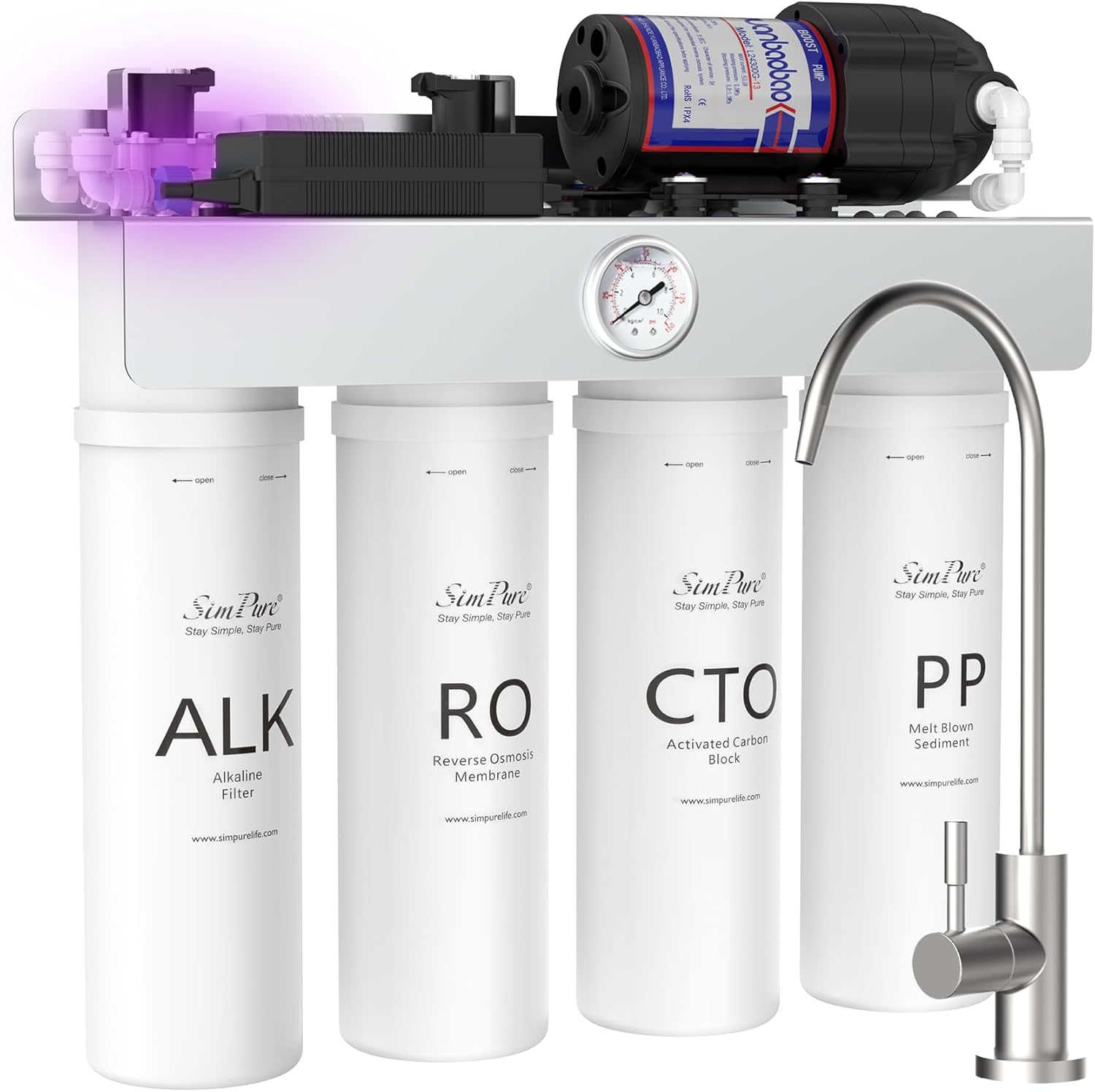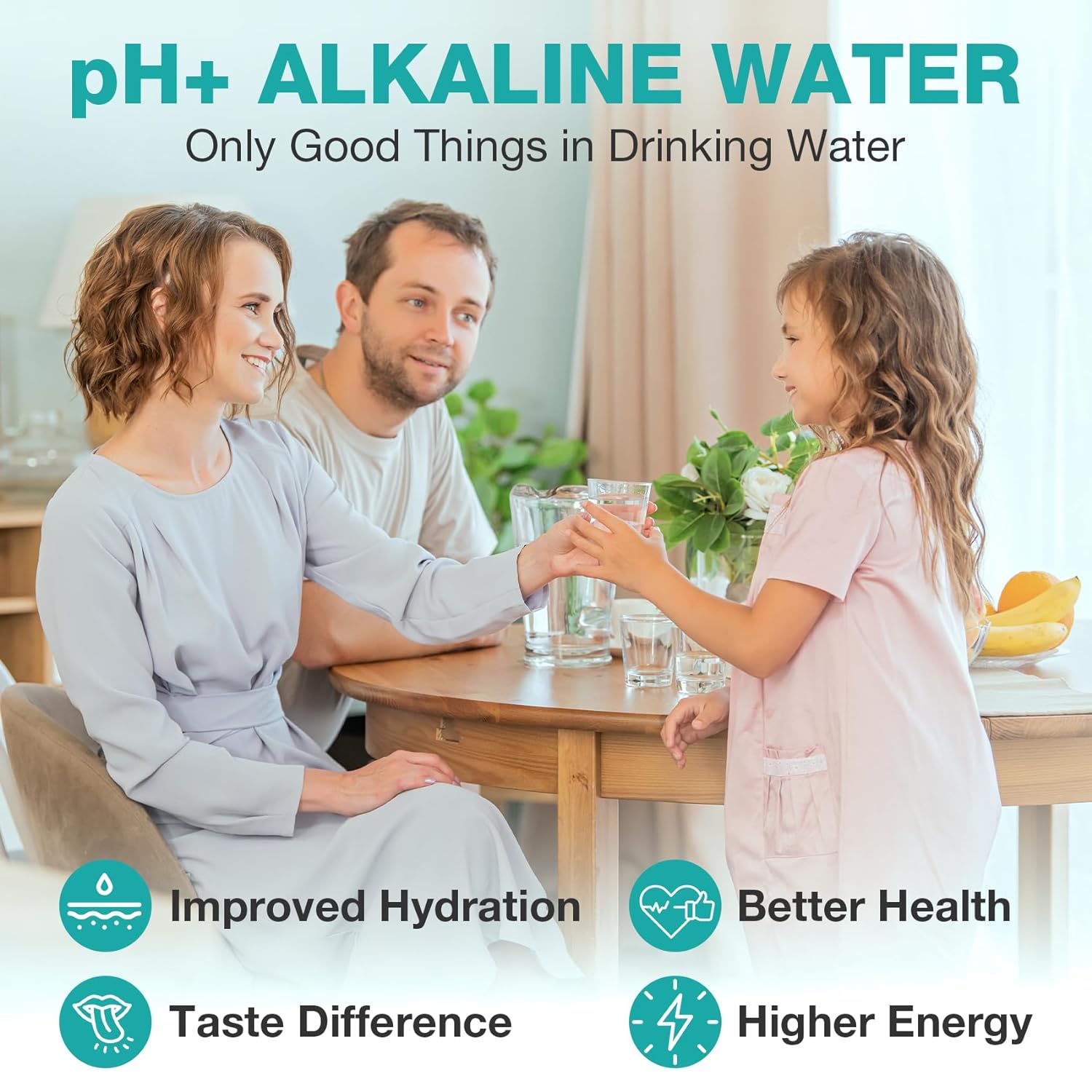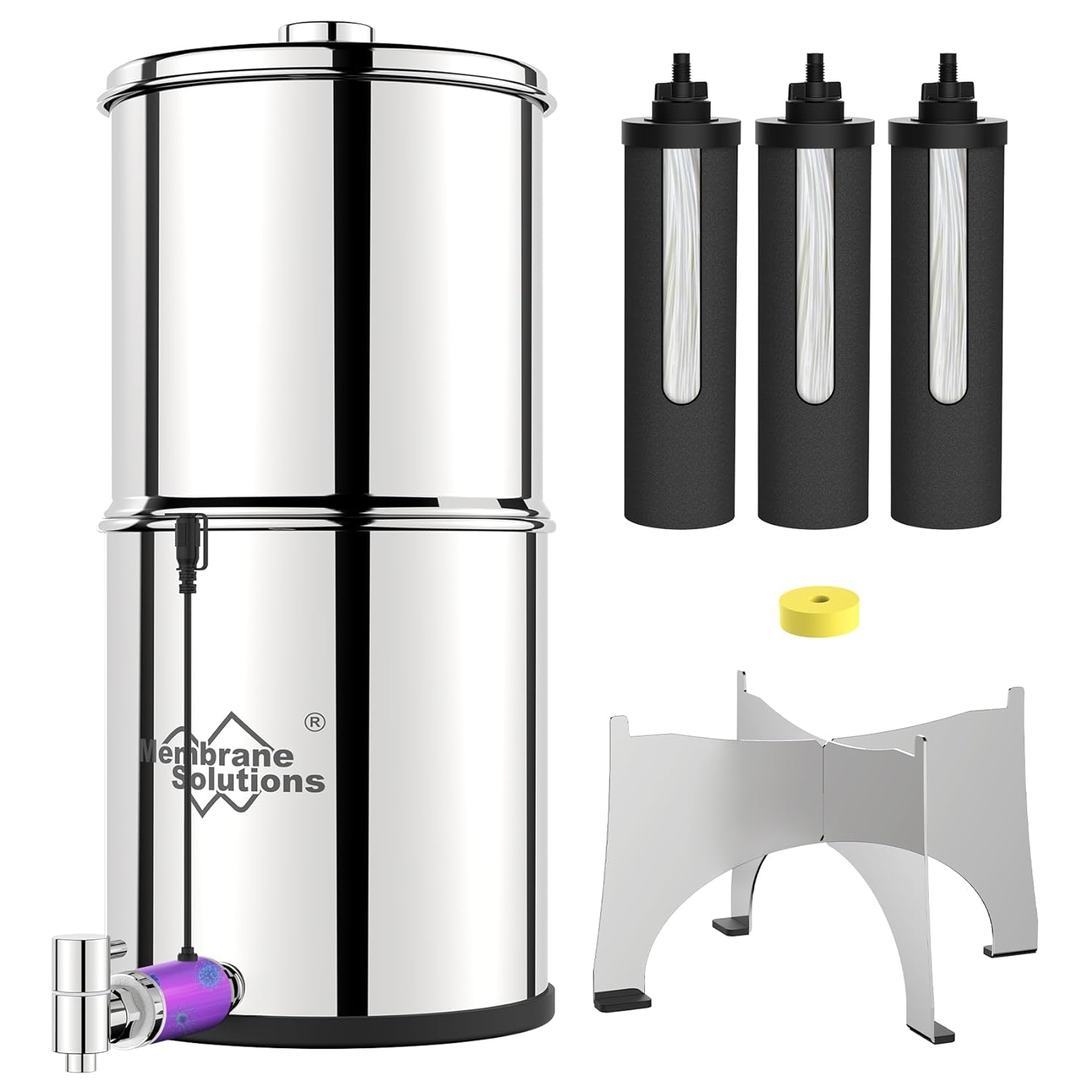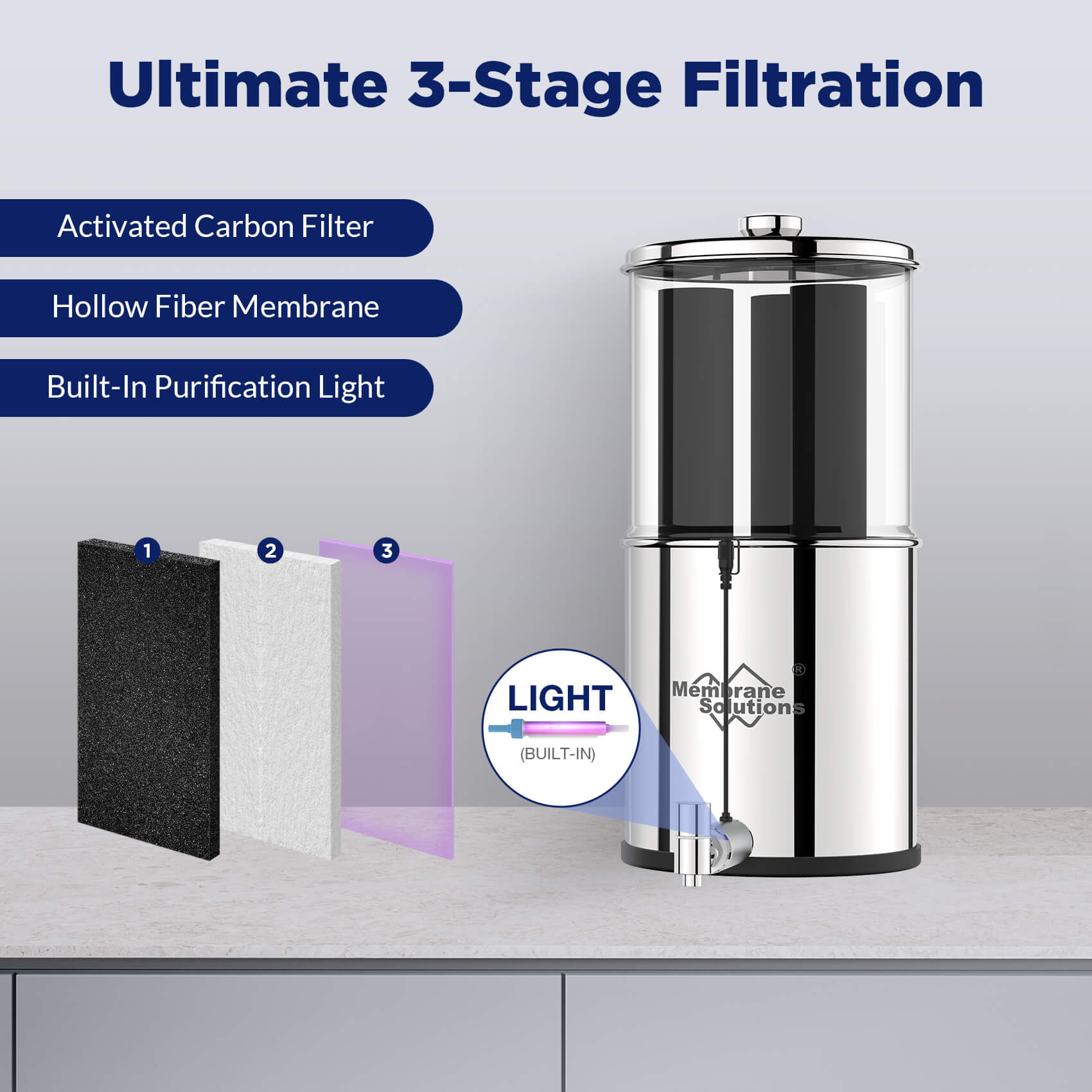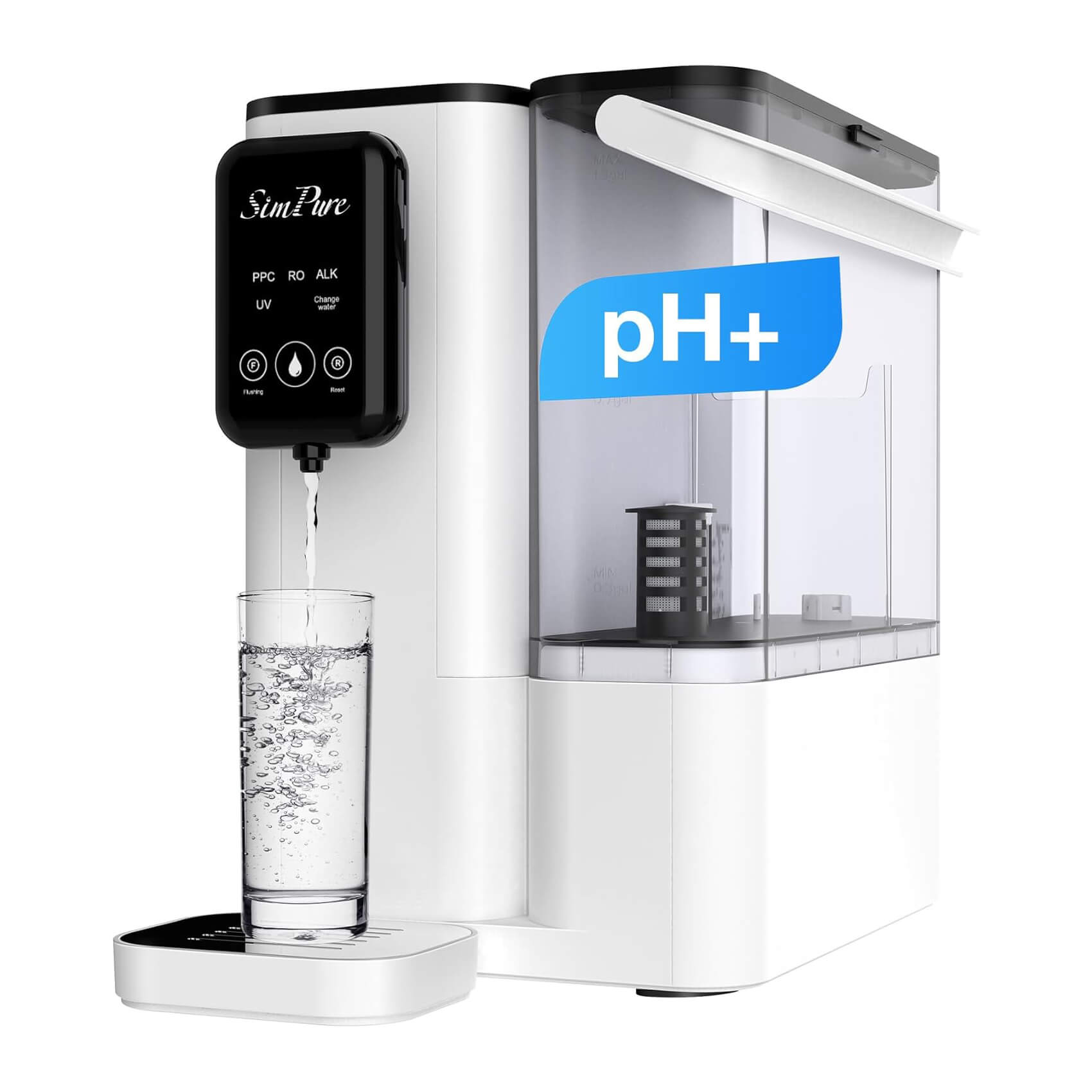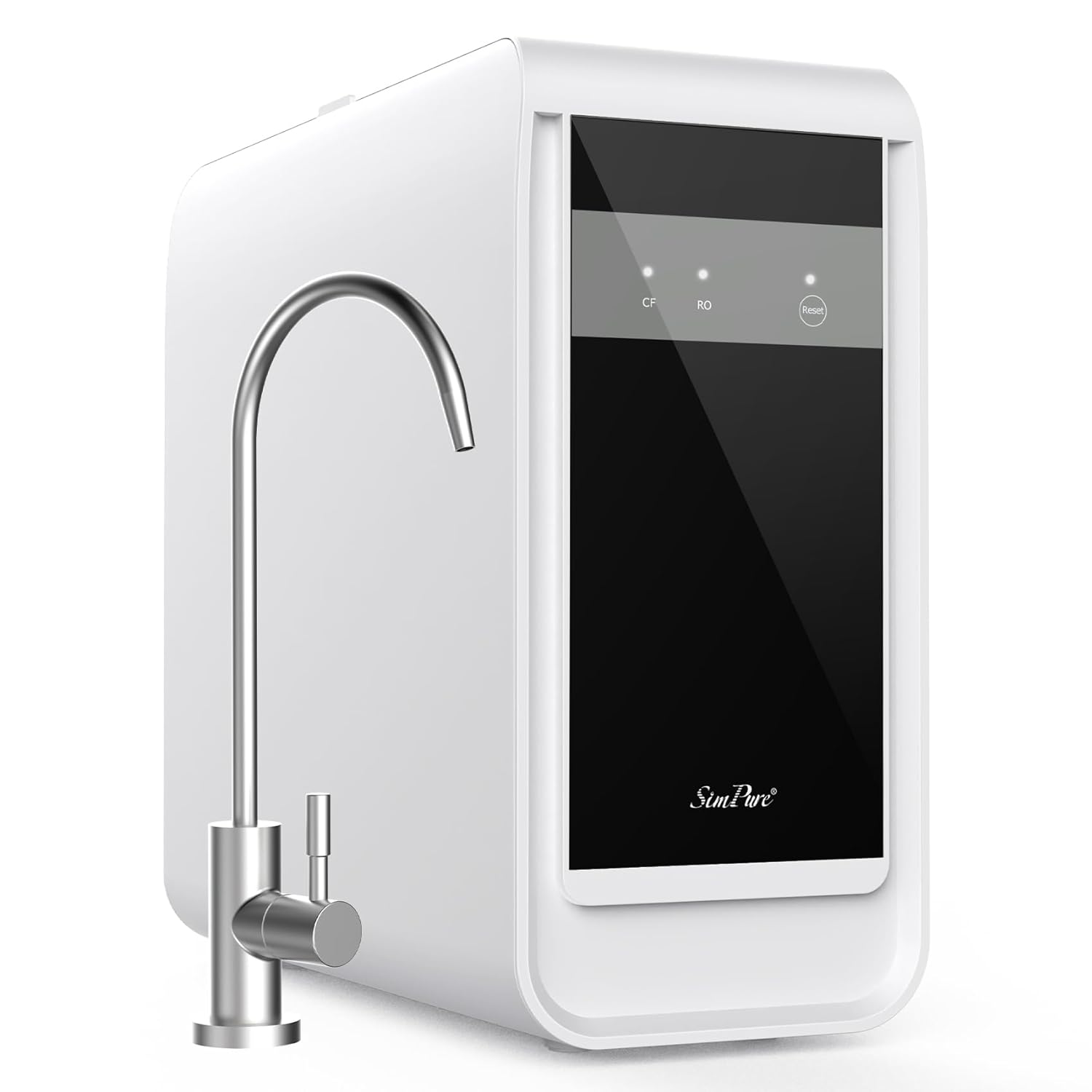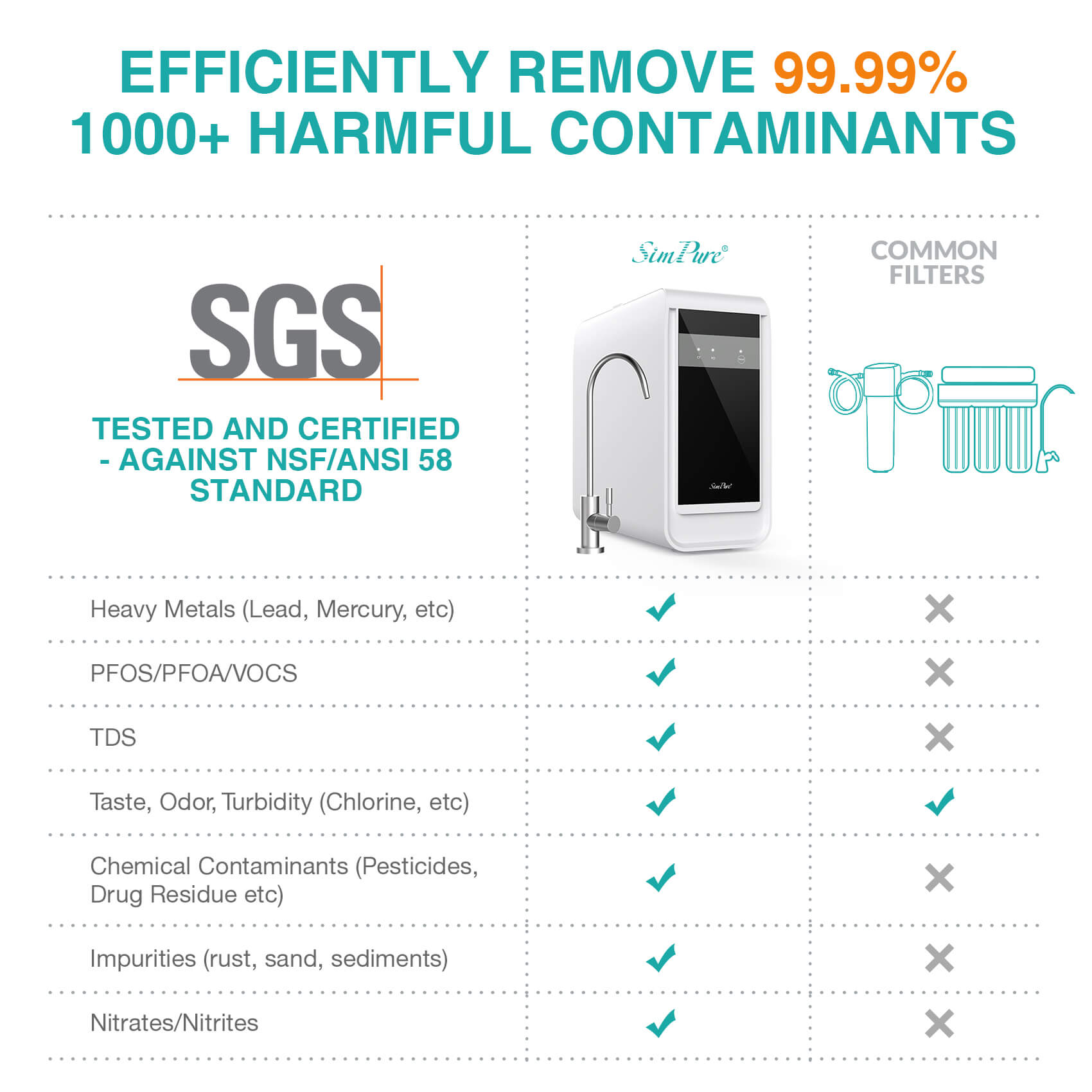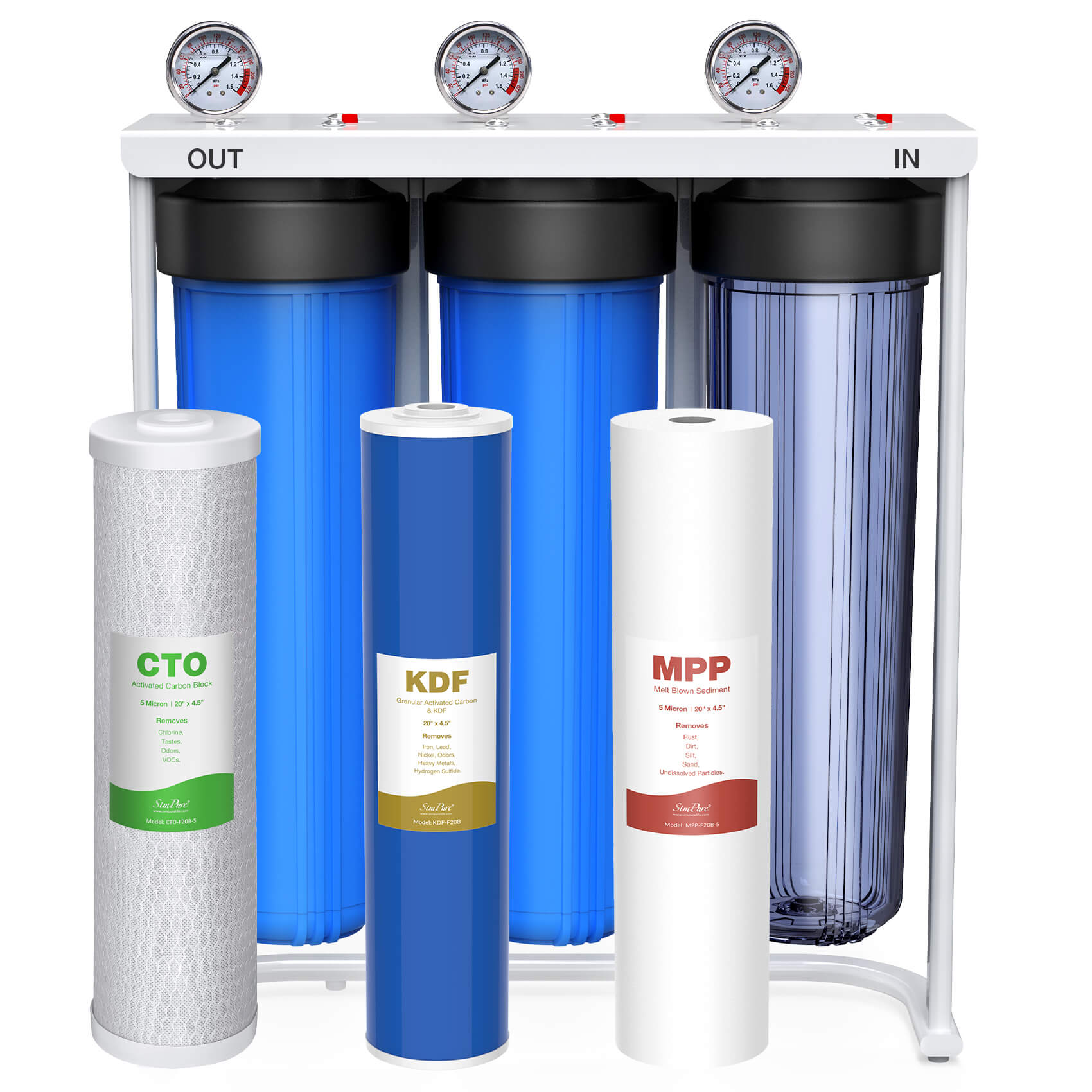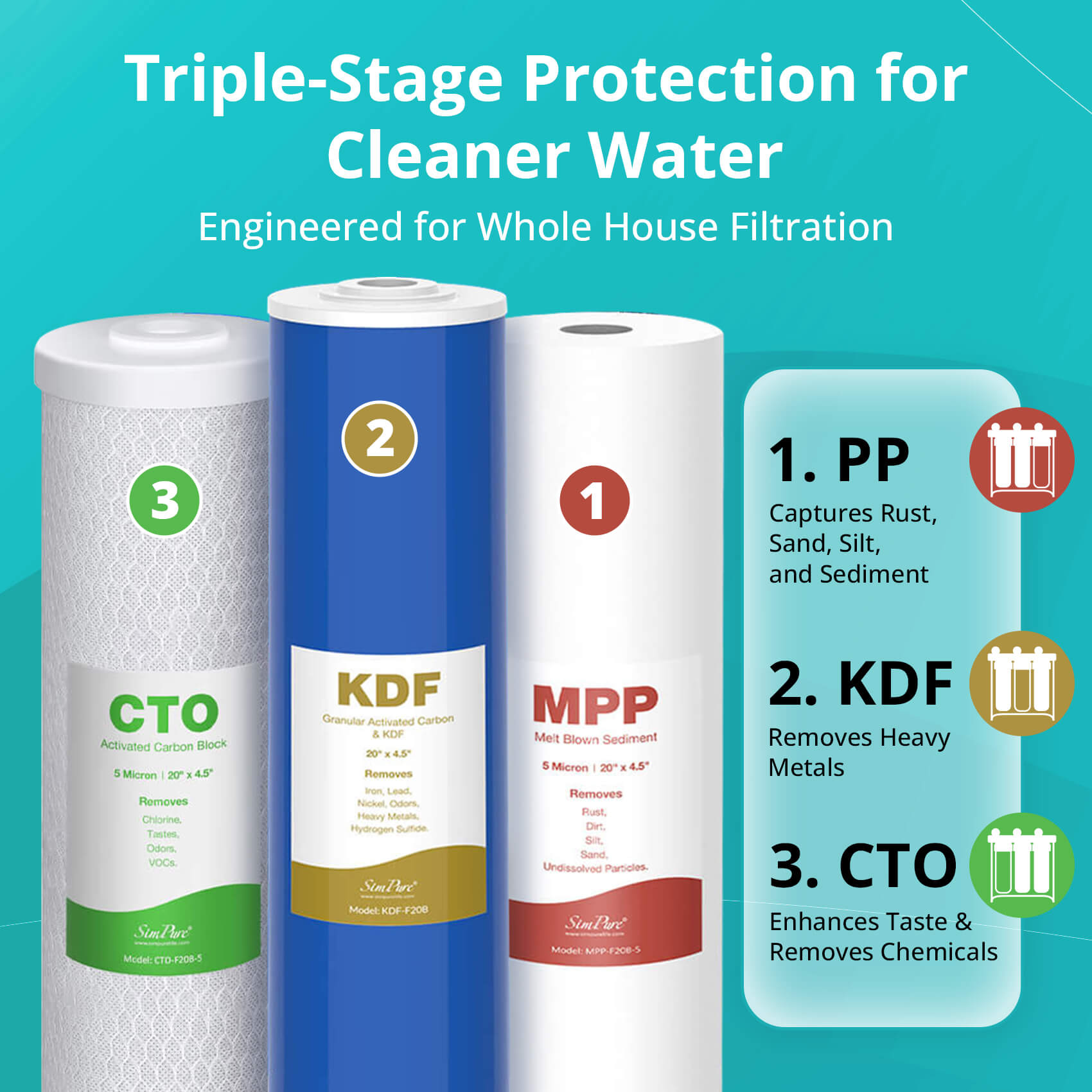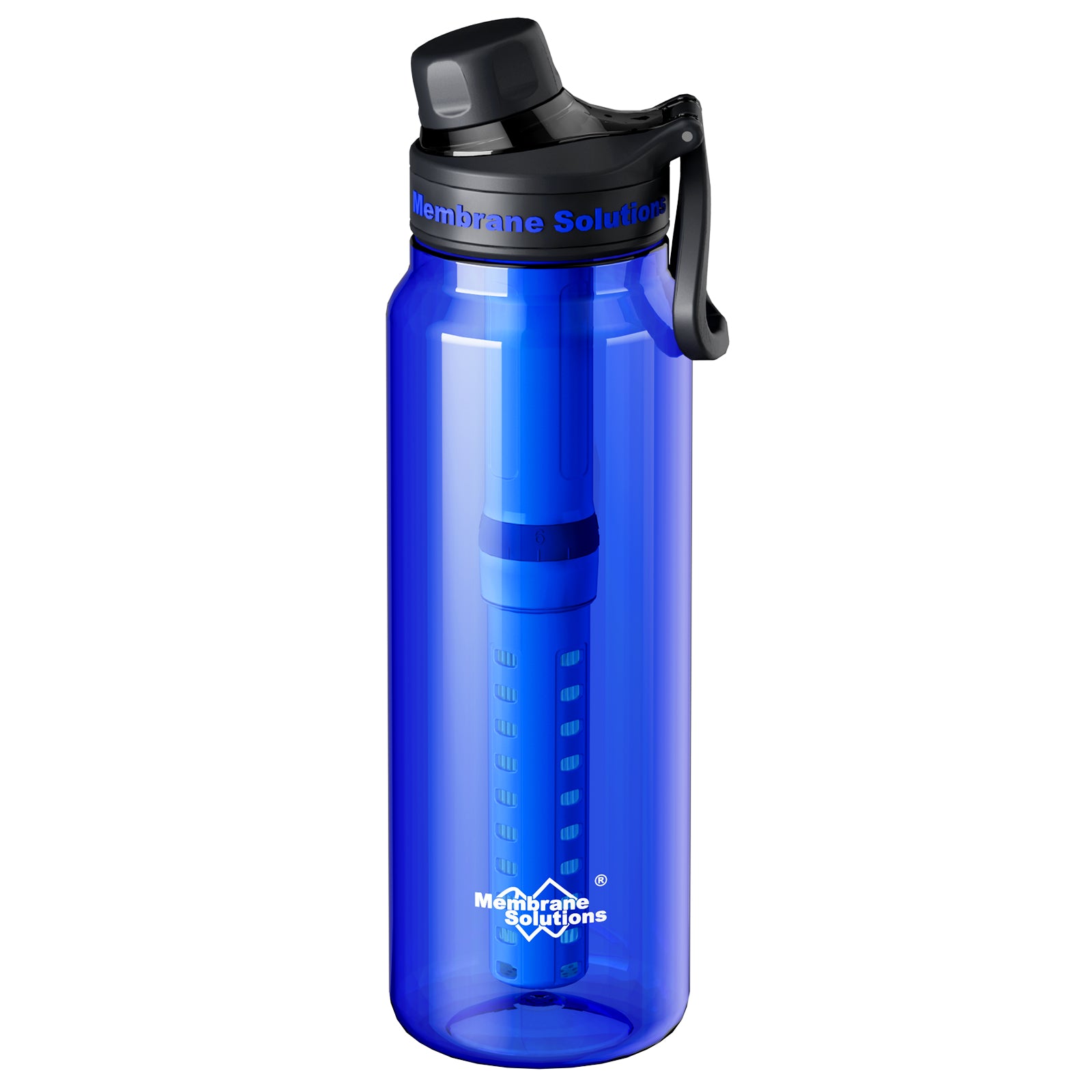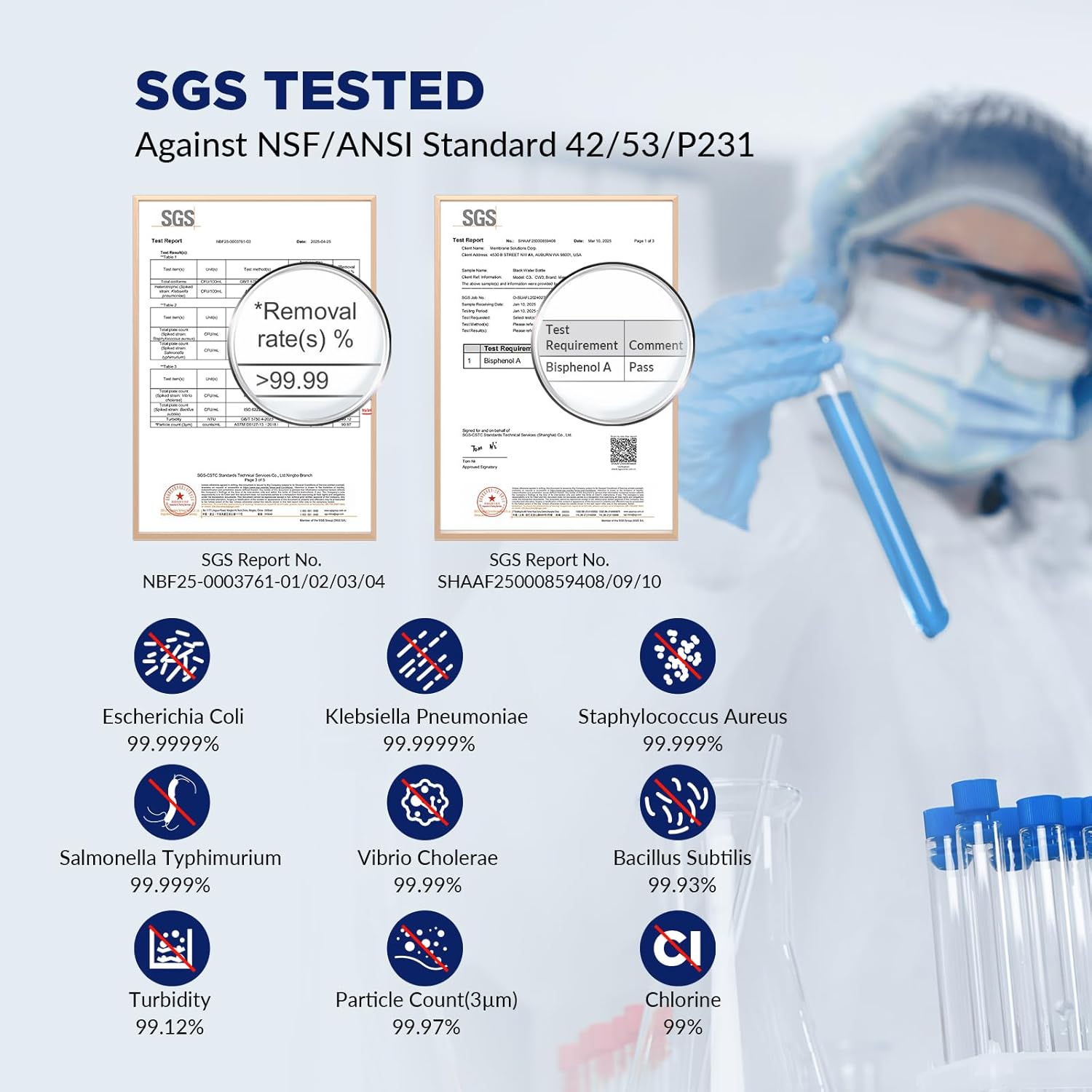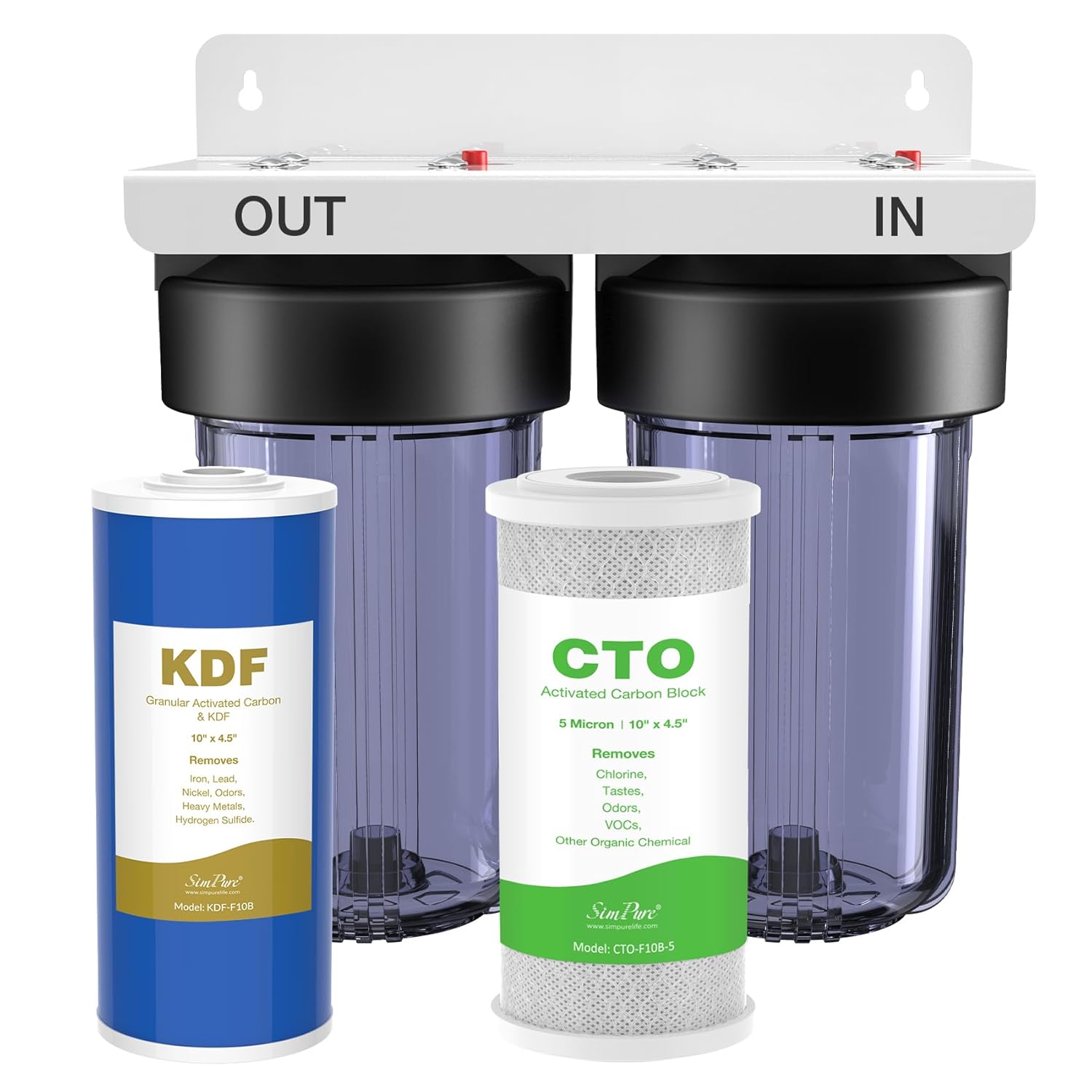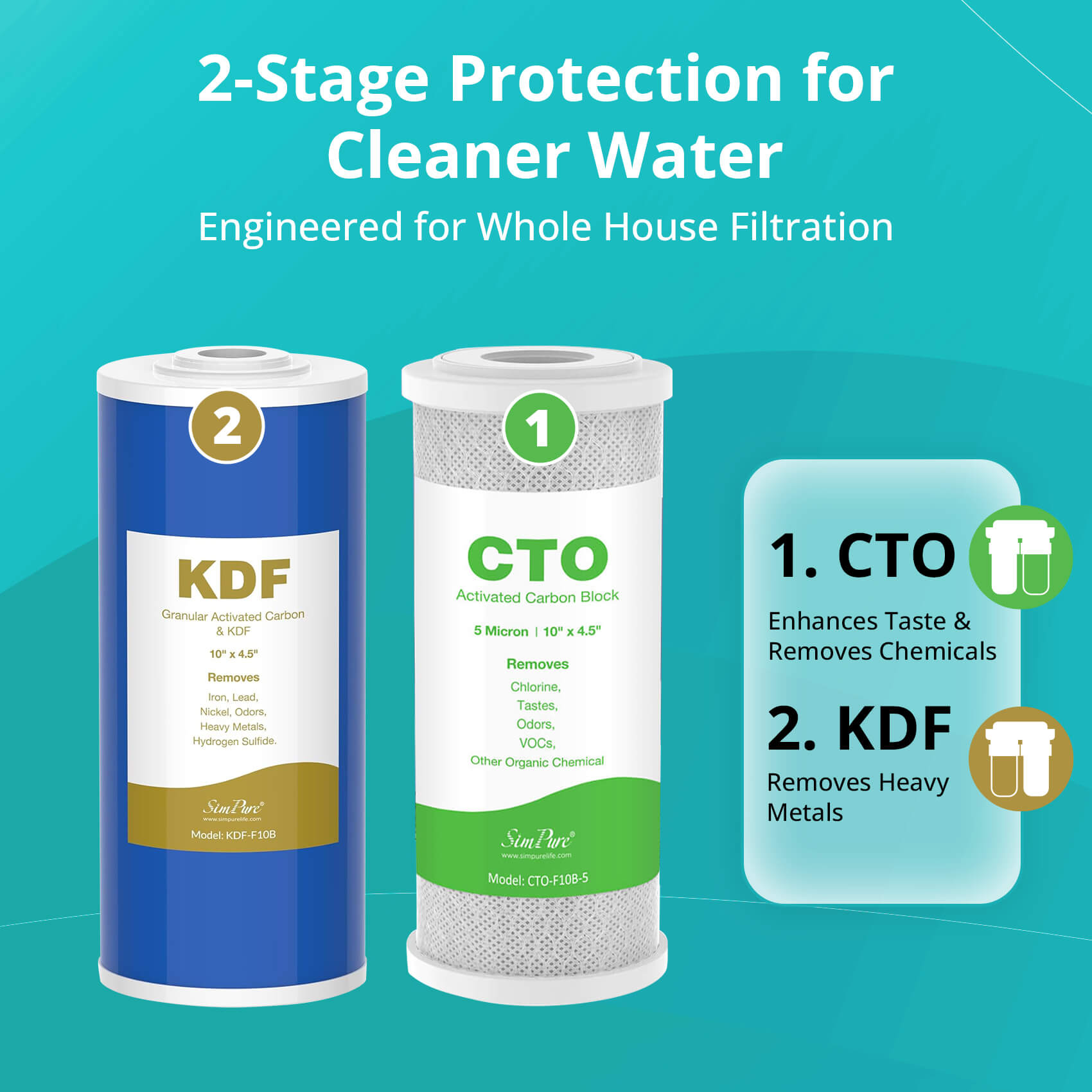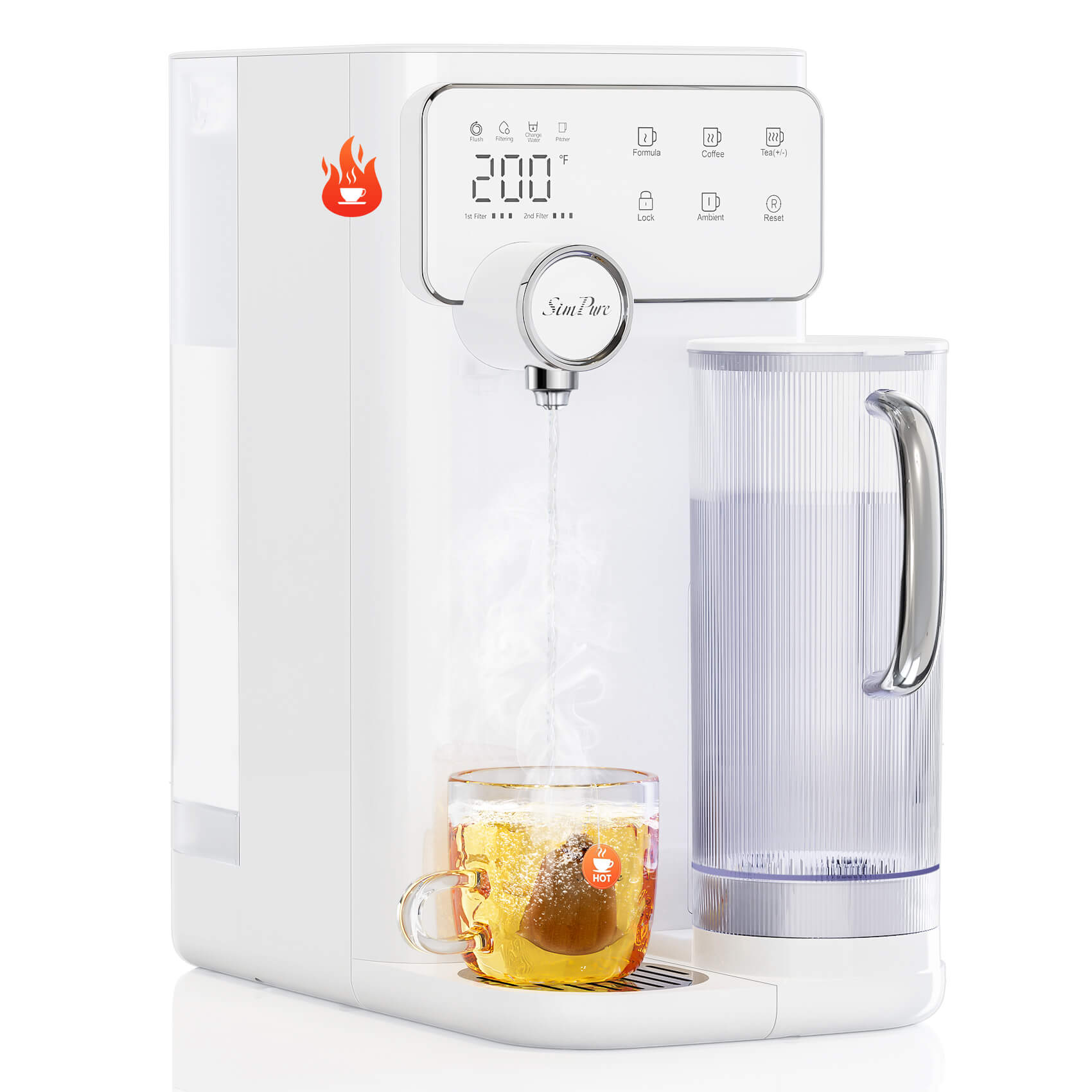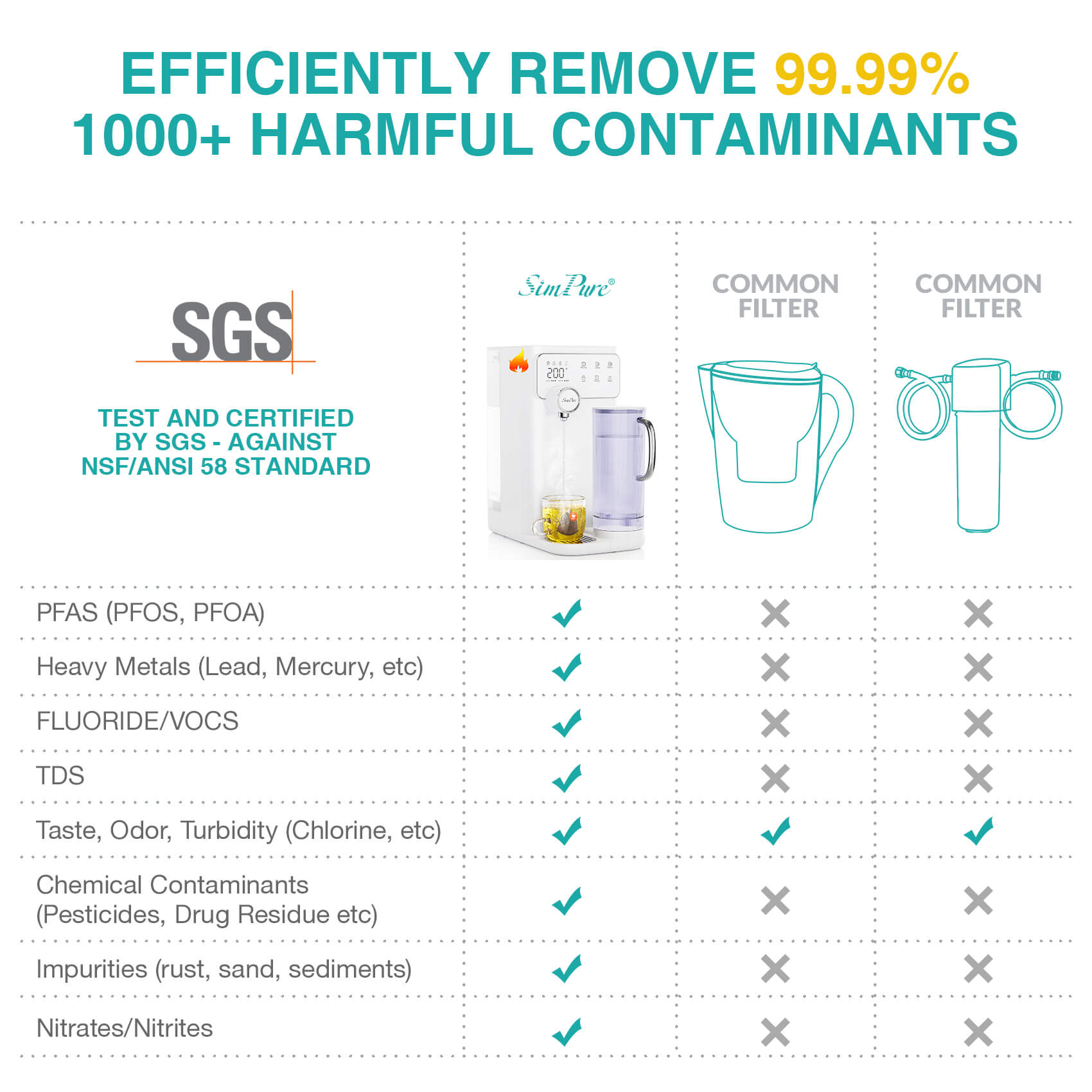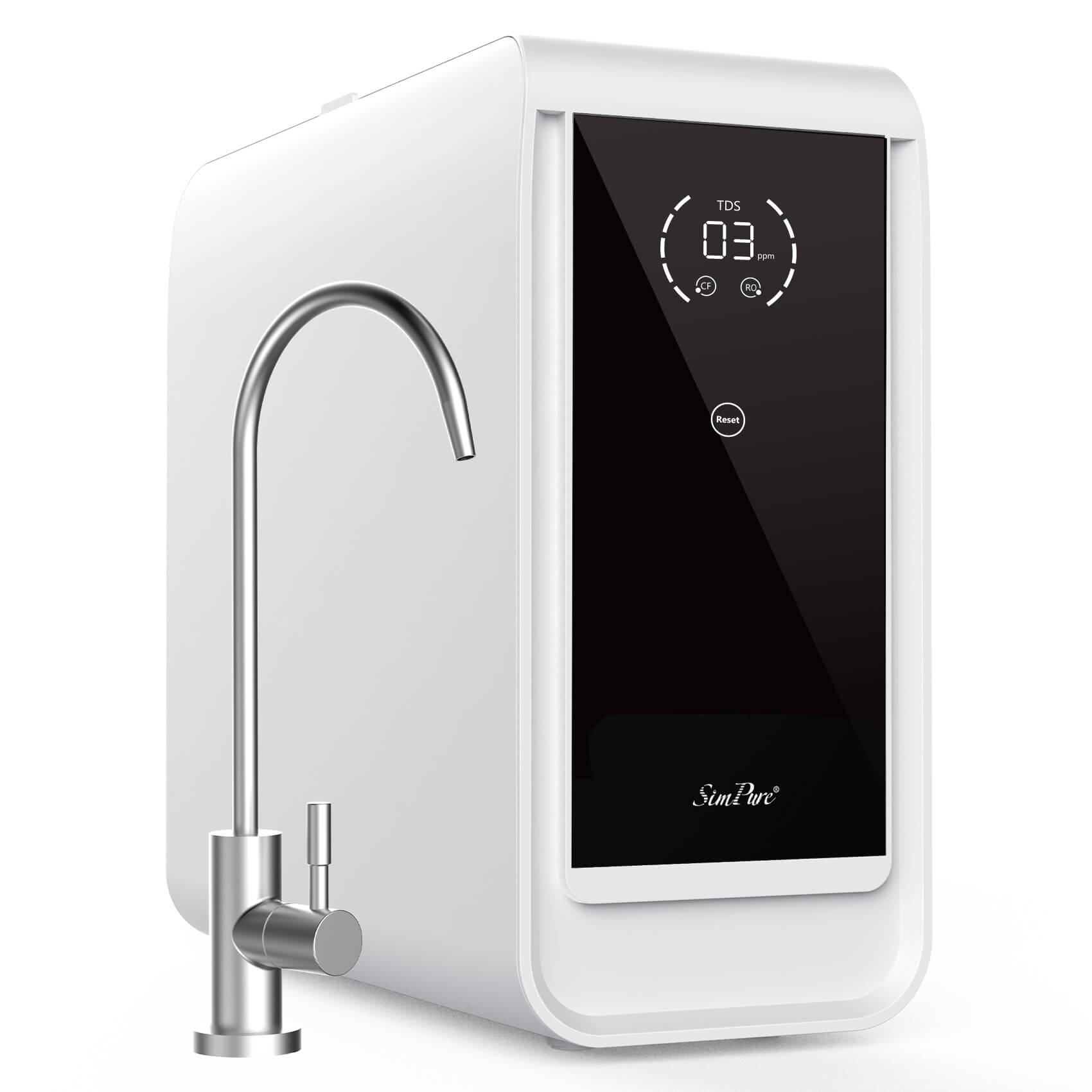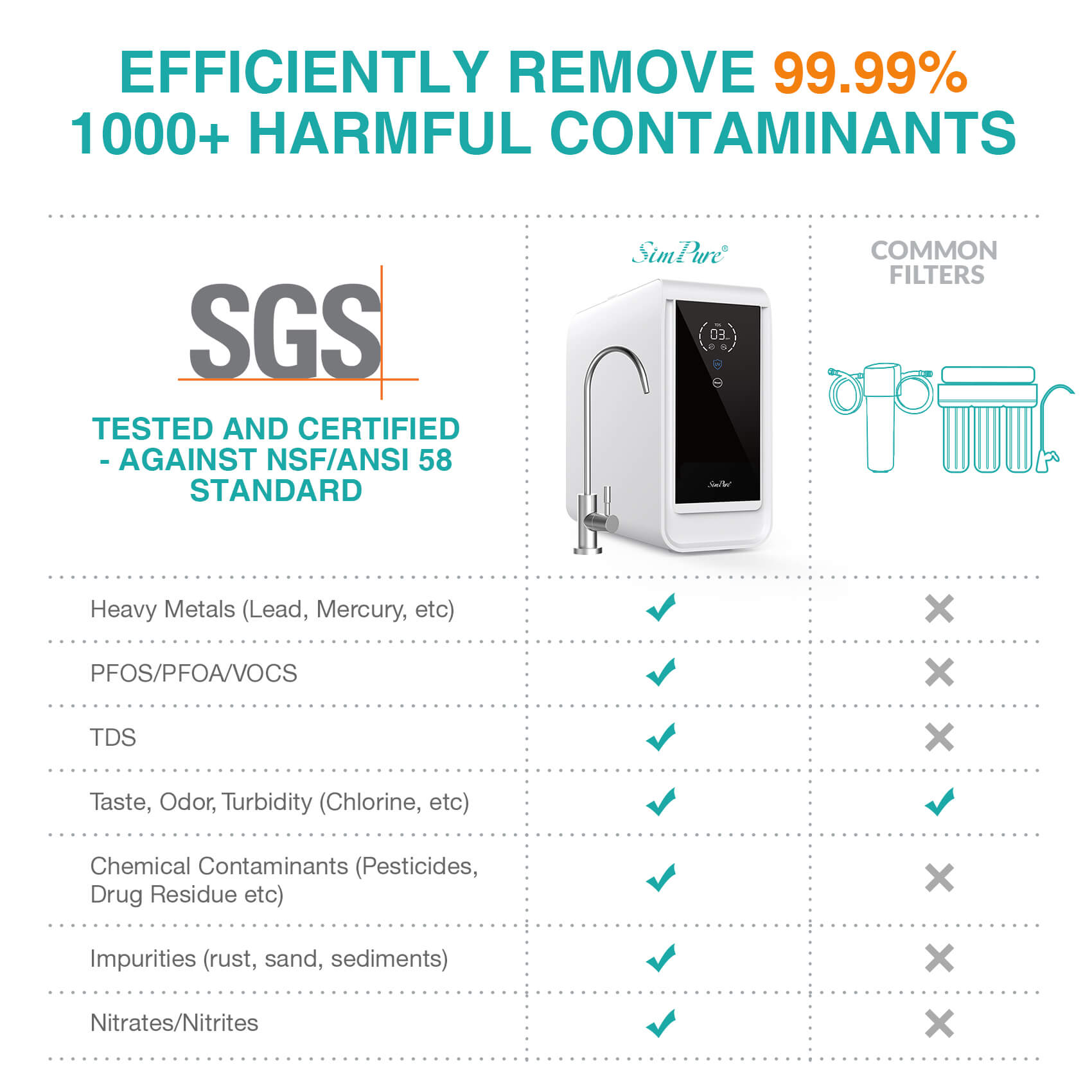Gone are the days when we could walk into a grocery store and grab a few gallons of regular bottled water without a second thought. Thanks to new forms of water treatment, we have so many water options, from spring to distilled water.
Distilled water is a type of purified water. Some sites claim that drinking distilled water can detoxify your body and improve your health. On the other hand, some argue that it can strip your body of essential minerals, posing a health risk. The truth, however, is not as black and white as these statements suggest.
Is Drinking Distilled Water Bad for You?
No, it is perfectly safe to drink distilled water in moderation, especially if you maintain a balanced diet. It's just water, after all, and won't harm you if you use it to make ice cubes. However, despite its initial appeal, it's generally advised to avoid making it your primary source of hydration in the long run.
Every water source, whether spring or tap, can contain minute but harmless amounts of minerals, bacteria, pesticides, and other chemicals. Distillation removes over 99% of minerals and other impurities, including bacteria, viruses, chemicals, and other contaminants.

Distillation is one of the oldest techniques of water purification. In distillation, the boiling of water separates the impurities from water and produces steam. This steam, which is free from impurities, is then converted back to its liquid state through cooling and becomes distilled water. Therefore, the water produced is comparatively free from impurities.
Some of the most common uses include: Sterilize medical equipment, Car cooling systems, Fish tanks and aquarium, Cosmetic products, Steam irons, Food canning, Watering plants, Continuous positive airway pressure (CPAP) medical devices.
Why Is It Not Recommended To Drink Distilled Water?
If you have a balanced diet and get essential minerals from other sources, distilled water will not significantly affect your body since you are healthy. However, if you intend to drink distilled water regularly, it is not advantageous as it does not contain minerals like tap water. Thus, you need to meet the essential nutrients continuously from fruits and vegetables.
Besides unappealing taste, drinking distilled water should be avoided for several health reasons.
-
Mineral Deficiency & Electrolyte Imbalance
Regularly ingesting demineralized water can result in adverse effects such as electrolyte disturbances and mineral depletion. Minerals such as calcium, sodium, magnesium, and potassium carry out important body functions such as muscle contraction and cardiac health. The WHO also reveals that distilled water has a higher capacity for absorbing and leaching minerals from the body.
-
Disrupted Bone Health
Lack of calcium and magnesium due to daily use of distilled water may lead to reduced bone density and increased risk of osteoporosis.
-
Kidney Health
Lastly, is distilled water good for the kidneys? For short-term use, maybe. But it may not be healthy in the long run. Kidneys filter toxic wastes and balance minerals. If your dietary intake is inadequate and distilled water already lacks minerals, this will put more workload on the kidneys.
Other Complications
-
Increased dietary toxic metals in the body
-
Risks of brain oedema, convulsions and metabolic acidosis in infants
-
Direct effects on homeostasis and intestinal mucous membrane
Find out more in the blog: what happens if you drink distilled water.
4 Specific Common Uses of Distilled Water
While it may not be the best choice for daily hydration, distilled water has a wide range of practical applications worth knowing about. Let's delve into some of distilled water’s most common uses.
-
Laboratories
Many biologists and laboratory professionals often use distilled water for contaminant-free scientific experiments. The presence of impurities in water could complicate an already delicate experiment. To prevent this, distilled water is used to wash tools and materials coming into contact with the blood samples.
-
Medical Equipment
Due to its high purity, distilled water is used in hospitals other medical facilities to sterilize tools. The absence of minerals in distilled water means that surgical instruments will not be spotted or have any residue left on them. It also doesn't form deposits on the equipment used to sterilize them. The purity of water is also used to clean wounds and prevent infections. Even dentists opt for distilled water, especially when performing a tooth extraction or a root canal procedure.
-
Automotive Cooling Systems
Instead of tap water, which can cause corrosion, distilled water can be used in automotive cooling systems to prevent mineral buildup and maintain engine efficiency. However, it should be noted that distilled water is not suitable as a coolant for car radiators. While it helps to minimize the formation of mineral deposits, it cannot offer the same level of anti-corrosion protection as coolant. This is likely to cause harm to the cooling system.
-
CPAP Machine
Continuous positive airway pressure (CPAP) is employed to treat sleep apnea. It uses a humidifier to prevent dryness and sinus infections. Water with increased mineral content can cause scale buildup. Therefore, most manufacturers recommend using only distilled water in the humidifier to prevent mineral deposits and increase the life of the water tub. For details reason, read why use distilled water in CPAP.
What Water Should You Drink Daily?
You hear it all the time: You should be drinking more water. The importance of water cannot be overemphasized, as drinking enough water has numerous positive effects on the body. However, not all water is the same; some cost less or contain more nutrients than others.
There are different types of water: tap water, mineral water, distilled water, purified water, and alkaline water. Each has its own pros and cons. For example, tap water is well known for having a slightly bitter taste due to the presence of minerals; distilled water has no minerals and is tasteless. Similarly, drinking purified water with only contaminants removed and not minerals is safe for human consumption.
For more information, numerous types of water filters are effectively eliminate different types of impurities like bacteria, lead, and chlorine in tap water. One such type is a Reverse Osmosis water filter system. This system relies on a polymeric membrane to filter most of the impurities from water. RO systems are very efficient in removing contaminants, but they also remove beneficial minerals.
If you're concerned about the lack of minerals in your drinking water, there are solutions. Consider investing in a Reverse Osmosis (RO) system with a remineralization feature, like the SimPure T1-400 ALK.
SimPure T1-400 Alkaline RO under-sink 8 Stage water filter system is not your typical RO system. Its 7th-stage Alkaline Remineralization filter removes not only bad taste and other unwanted elements from water but also adds necessary minerals to make the water have a pH of 7.5-9, which is slightly alkaline. This innovative approach results in water that has a purer and richer taste than most 5-stage RO filters. Additionally, the 8-stage RO water system also includes ultraviolet light that kills up to 99% of bacteria, waterborne parasites, and viruses.

Conclusion
While distilled water is as pure as it gets when it comes to water, it also means that it is mineral-free. Minerals like calcium and magnesium are some of the natural minerals found in tap water and pose many health benefits. You must meet the needs of essential minerals to improve your electrolyte balance, bone health and kidney health in the long run. If you are worried that distilled water lacks minerals, an RO system with a remineralization feature could be a good option, like SimPure T1-400 ALK and SimPure T1-6. These systems also re-mineralize the water after it has been filtered to improve its quality and taste.





